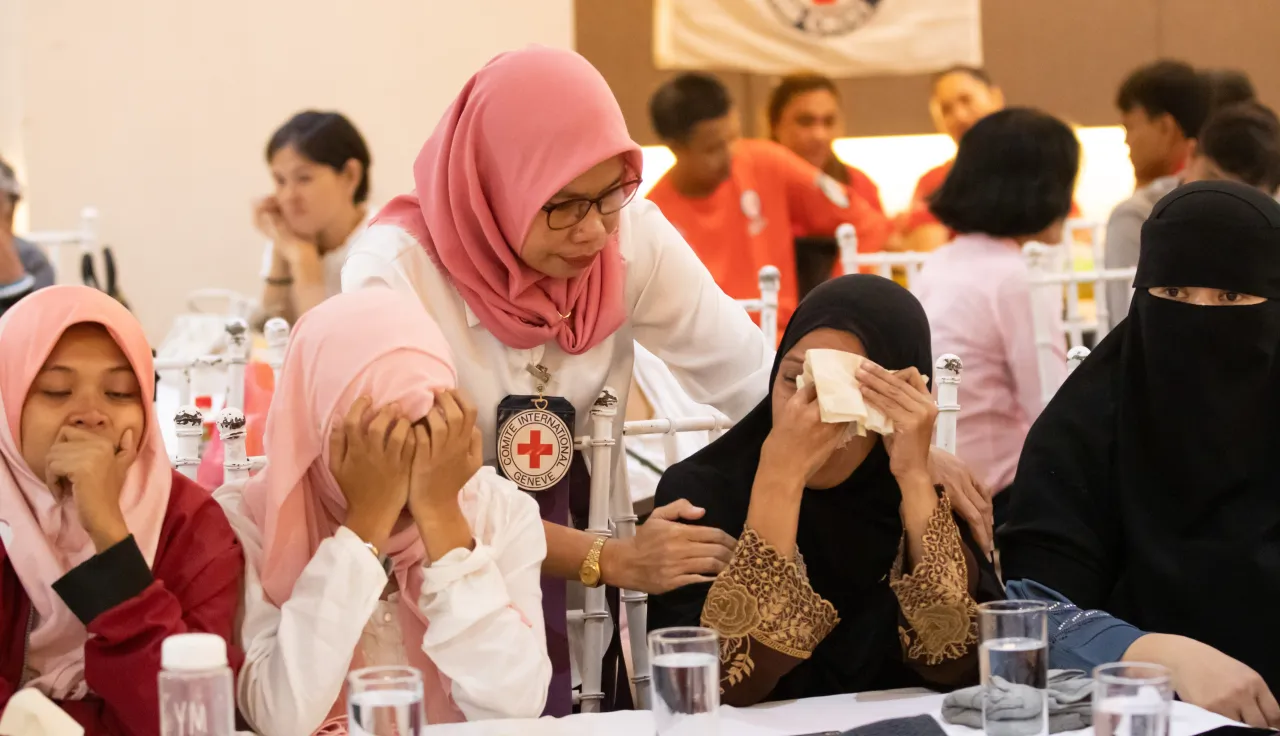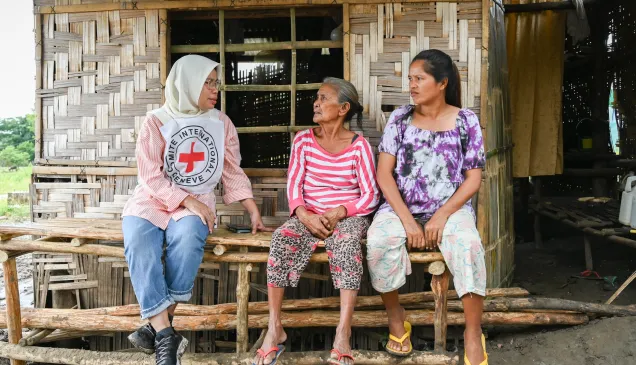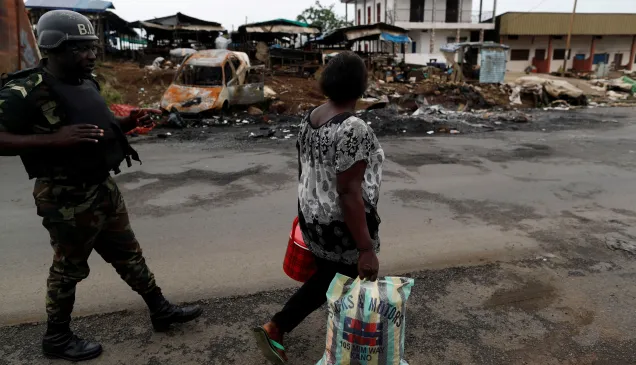“Those who went missing from the Marawi conflict seven years ago will never be forgotten. We will continue to support the families of the missing as they urge the authorities to provide them answers so they can finally find closure.”
The obligation to prevent people from going missing and to account for persons reported missing is enshrined in the Geneva Conventions, to which the Philippine government is a party. As such, the government is obligated to clarify the fate and whereabouts of those missing due to armed conflicts and other situations of violence.
During the commemoration in Iligan City, representatives of the families shared the challenges that they have faced. Some of the families said they have not yet received compensation. They also mentioned the difficulty of obtaining certificates of presumptive death for their missing loved ones, which would enable them to address legal and administrative issues.
One of them, Amanda*, said: “When my brother went missing, my mother experienced so much heartache. She has lost weight. My father could no longer do business since my brother was his partner.”
“It hurts to think that he’s gone. We don’t know his whereabouts. There’s no repayment for the disappearance of our loved one. The world could be given to us, but it still won’t be enough because we just want to see him,” she added.
The event also served as a way for the families of the missing to discuss their expectations from the authorities, including officials from the Ministry of the Interior and Local Government - Bangsamoro Autonomous Region in Muslim Mindanao, Marawi Compensation Board, the Public Attorney’s Office, the Philippine National Police Forensic Group, Marawi City mayor’s office and the Lanao del Sur provincial government.

During the event, representatives from different agencies such as the Marawi Compensation Board (MCB) addressed some of the concerns and feedback of the families of the missing. Credits: L. Arada/ICRC
It hurts to think that he’s gone. We don’t know his whereabouts. There’s no repayment for the disappearance of our loved one. The world could be given to us, but it still won’t be enough because we just want to see him.
After their discussions with the authorities, the families of the missing gathered into smaller groups to reminisce about their loved ones. Some brought their missing relatives’ favorite belongings, such as clothes, photographs, jewelry and toys. They also shared stories behind these special items.

The families brought with them items that reminded them the most about their missing loved ones. Anne (alias only) lost her father, a baker, and she brought with her his work uniform. Credits: L. Arada/ICRC
A similar gathering will happen on September 7 in Zamboanga City.
From 2017-2023, the ICRC has supported more than 200 families of the missing linked to the Marawi conflict through programs providing mental health and psychosocial support and livelihood initiatives, following the loss of their breadwinners. It also supports the Philippine National Police-Forensic Group in the collection of biological reference samples to identify human remains.
Families have the need and the right to know what has happened to their loved ones. They play a central role in keeping their missing relatives at the center of political debates in their quest to find answers. It is important that authorities support the families of the missing by responding to their multifaceted needs, in accordance with the government’s obligations under international law.

Over 200 families who lost their loved ones during the 2017 Marawi siege gathered on 31 August to commemorate the International Day of the Disappeared. The gathering in Iligan City was organized by the International Committee of the Red Cross (ICRC).
Credits: Larry Piojo
About the ICRC
The International Committee of the Red Cross (ICRC) is a neutral, impartial and independent organization with an exclusively humanitarian mandate that stems from the Geneva Conventions of 1949. It helps people around the world affected by armed conflict and other violence, doing everything it can to protect their lives and dignity and to relieve their suffering, often alongside its Red Cross and Red Crescent partners.




